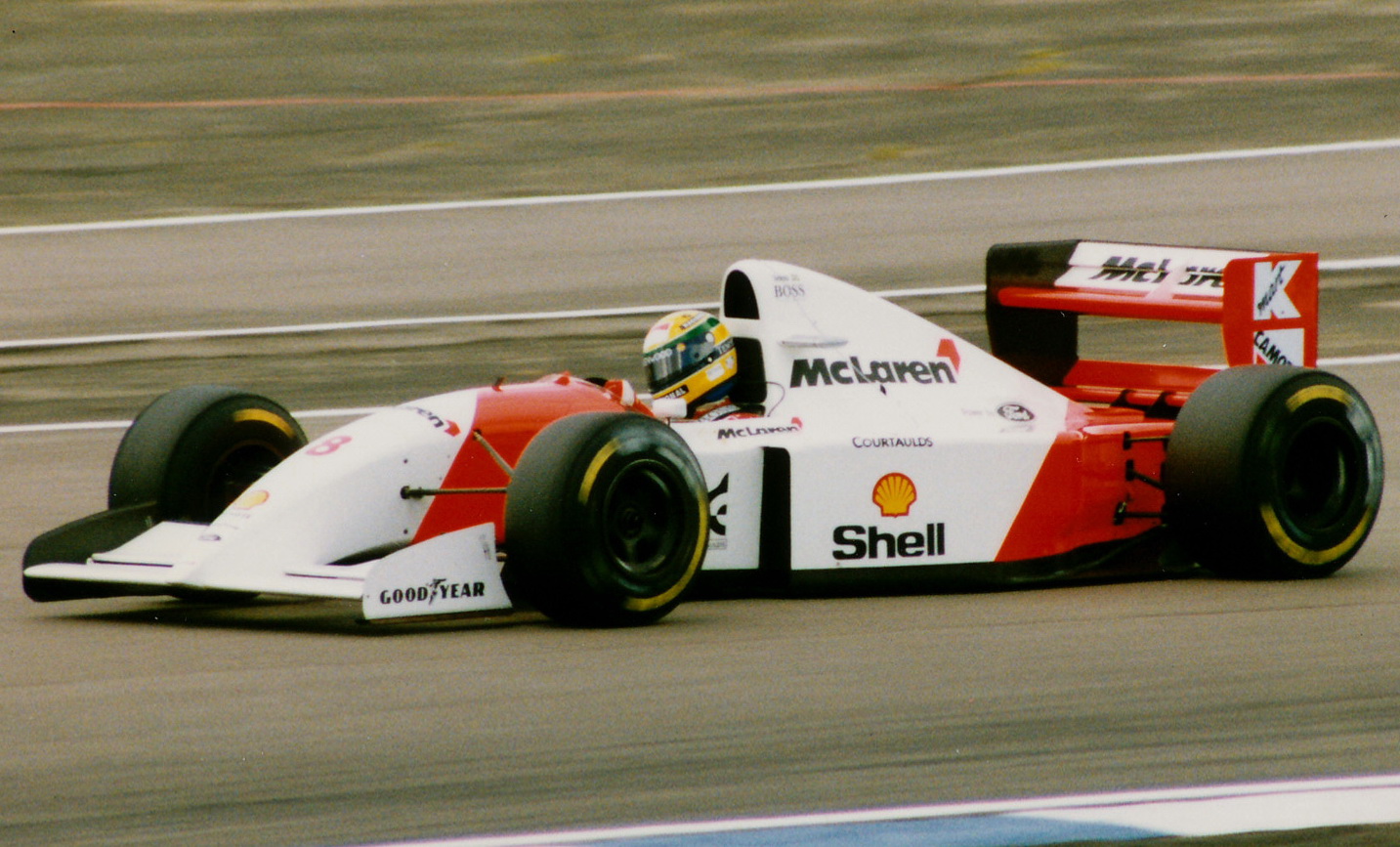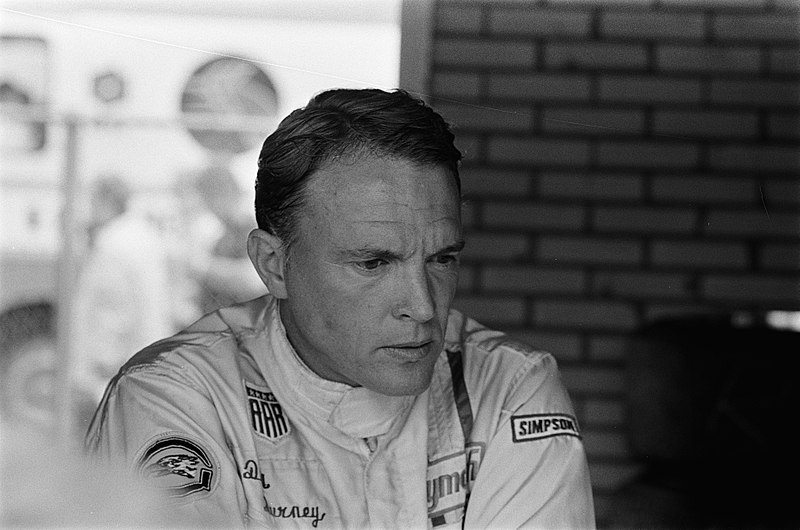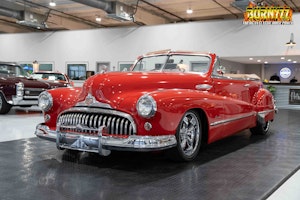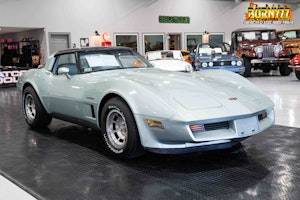Media | Articles
Your 6 favorite racing drivers
Rain master, The King, the Big Eagle. The best drivers are not only decorated, unrelenting competitors; they’re captivating personalities and intuitive mechanics with both natural and acquired instincts for their cars. If it has four wheels on the ground—most of the time anyway—these drivers know how to make it dance.
Here are six of your favorite racing drivers, skimmed from dozens of Hagerty Forum responses.
Ayrton Senna

The Brazilian rain master possessed both technical brilliance and a ruthless passion for winning. In the expansive United States, “hometown hero” is charming and homey; for Brazil, which was emerging from 21 years of military rule in the mid-1980s, Senna and his yellow and green helmet were nothing short of inspiring. It took Senna eight tries to win in Sao Paulo, but he managed to wrestle his McLaren across the line in 1991 stuck in sixth gear and had to be pried from the car, his shoulders and arms clamped to the steering wheel in cramped spasms.
His rivalry with Prost, his comfortable perch on Mansell’s side pod, and his three world championships with McLaren mark high points in your (and our) Senna memories. Here at Hagerty, we’re particularly enamored with his come-from-behind, bulldog-like-wins, such as the 1988 Suzuka Grand Prix in which a failed start dropped him from pole to 16th… before the rain hit. We all know how that one ended.
Marketplace
Buy and sell classics with confidence
Richard Petty

The King and his trademark sunglasses were also a strong presence in the responses of Hagerty Forum members. Poles, wins, consecutive starts—Richard Petty reigns supreme in the NASCAR stats. While he left the driver’s seat long ago, he hasn’t strayed far from the track. He currently oversees Richard Petty Motorsports and chairs the North Carolina Motorsports Association.
A.J. Foyt

You praised Foyt for his toughness behind the wheel and his scrappy mechanical ingenuity under the hood. Anthony Joseph Foyt, Jr. remains the only driver to win the Indy 500, Daytona 500, and the 24 Hours of Le Mans, a testament to his remarkable ability to improvise, adapt, and overcome not only across different series, but across a myriad of technical changes within those series. Open wheel, stock cars, sprint cars, and even killer bees—Foyt has fought and won multiple times. Oh, and that Le Mans win? Like the manufacturer McLaren, Foyt can claim a first win on his first attempt at the Circuit de la Sarthe marathon. In 1967, Foyt drove 18 of the 24 hours in a GT40 Mk IV when co-driver Dan Gurney overslept and missed a driver change.
Dan Gurney


Gurney didn’t simply notch stats behind the wheel, although he’s the first driver to win races in F1, NASCAR, IndyCar, and sports car series. He didn’t live for theatrics, though his joyful uncorking of the 1967 Le Mans champagne inaugurated a dramatic tradition. He didn’t just understand and build his own cars, he pioneered aerodynamic changes that would trickle from track to production cars. Gurney did all this, and more, leaving his mark on the history of motorsports and countless spoilers and rooflines for years to come.
Mario Andretti


In keeping with the other drivers at the forefront of Hagerty readers’ minds, Mario Andretti didn’t simply do it all; he won it all, too. He was victorious at the Pikes Peak Hill Climb in 1969, the same year he won his first Indianapolis 500… on a single set of tires. He’s the only driver to win IndyCar races across four decades—with a similar span to his Le Mans appearances, and, of course, a healthy dose of dirt courses and F1 competition in those same years. He and Gurney remain the only two drivers to win races in F1, IndyCar, the World Sportscar Championship, and NASCAR.
Jim Clark

Nailing the top step for responses is Scotsman Jim Clark, whose driving style has been characterized as both fluid and efficient, even compared to that of Gurney. Though he raced D-Types and Lister-Jaguars in the ’50s, Clark would cement much of his reputation driving for Lotus. In his third F1 season in 1963, he won Lotus its first constructors championship in the trim, monocoque-chassied Lotus 25.
Though he also raced at Le Mans and Indianapolis, Clark’s seven wins in a single F1 season wouldn’t be topped for 25 years, when Senna won the first of his three world championships for McLaren in 1988. Clark’s death at 32 in a Formula Two race at Hockenheim strikes especially close to home these days—reminding us not only of the delicate, dangerous dance between driver and car, but the tension between passion and risk in each drivers’ mind.
Who would you add to this list? Let us know below.









